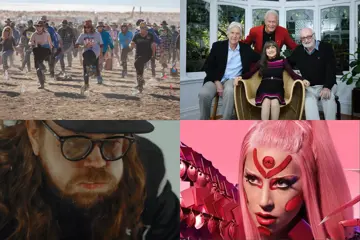Rumours of secretly changed advertising policy are "untrue", claim YouTube, following a handful of high-profile YouTubers' complaints about the video platform seemingly "censoring" their content.
The previous rumours claimed that YouTube secretly introduced a new policy that pulls ads – and the associated revenue they generate – from many prominent channels featuring content deemed “not advertiser-friendly.” This allegedly includes content that is “sexually suggestive,” portrays “violence,” uses “inappropriate language,” promotes “drugs and regulated substances,” or shows controversial situations including “war, political conflicts or natural disasters.”
This hasn’t, however, put an end to the controversy, as high-profile YouTubers have continued to publish videos claiming they are essentially being “censored” by the site. Philip DeFranco, who has more than 4.5 million subscribers tuning into his current affairs and opinions vlog, said he believed he was being penalised with reduced advertising income because many of his videos involve robust, serious discussions on topics including rape and violence towards women. While the advertising policy isn’t new, other vloggers have complained that details of the stipulations are not easily accessible, and it has not been made clear how guidelines are enforced or who is moderating videos for YouTube.
This isn’t the first time YouTube has clashed with is content creators. Since the online video-sharing juggernaut created revenue streams for its most prolific videographers, most commonly via advertising, the number of people making YouTube their sole source of income has skyrocketed. However, over the past year, a number of the site’s most prominent content creators have faced false copyright infringement accusations. Glitchy algorithm changes, favouring video duration over popularity, have also been criticised by YouTubers and their followers alike, for impacting on the quality control of available content.















